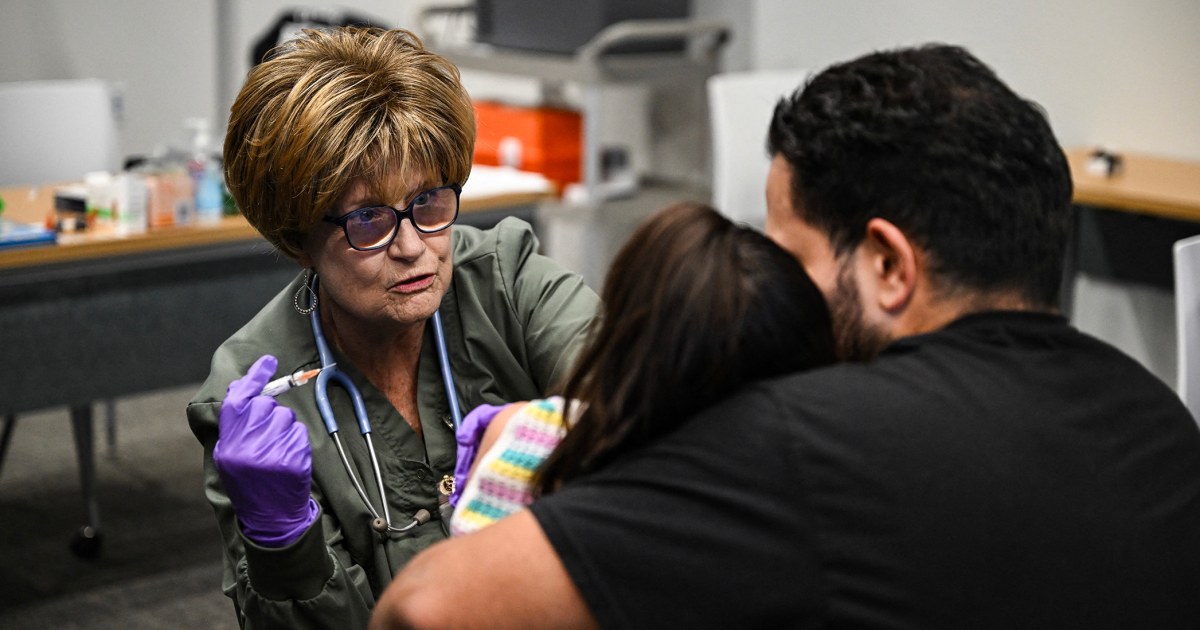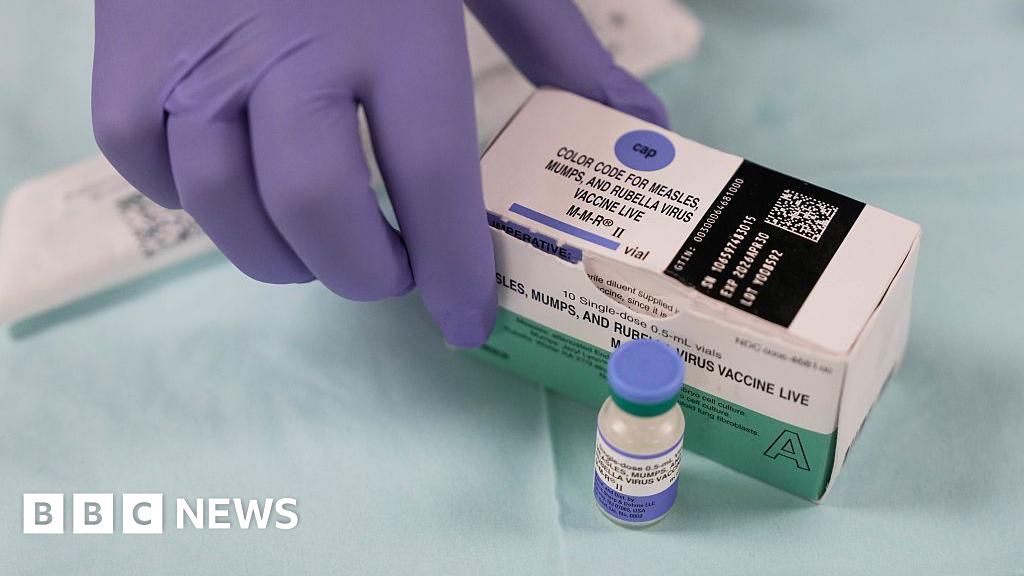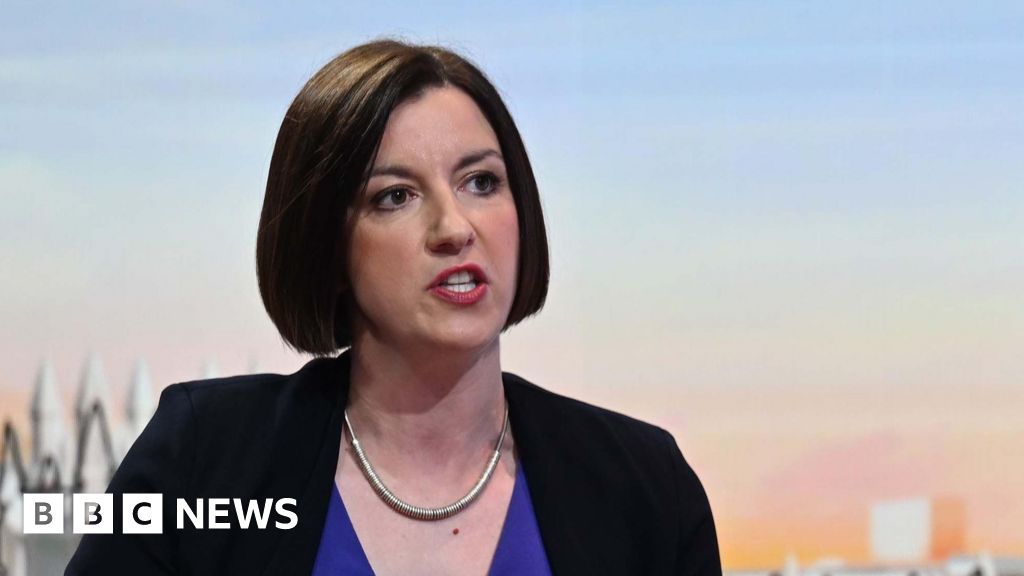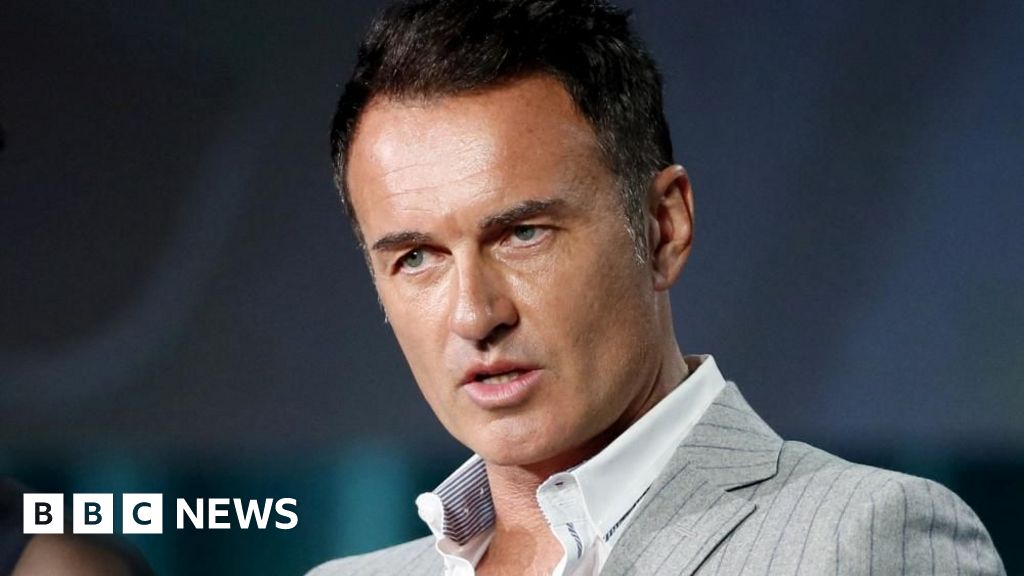Measles Outbreak in the United States
#measles #vaccinations #public_health #anti-vaccination_movement

Introduction
The United States is currently facing a concerning outbreak of measles, with cases reaching their highest point since the disease was eliminated in 2000. This highly contagious and potentially deadly virus has resurfaced, creating a public health emergency that is putting people of all ages at risk.
Current Situation
The rise in measles cases can be attributed to several factors, including lack of vaccinations and increased global travel. In fact, the World Health Organization reported a 300% increase in measles cases worldwide in the first three months of 2019 compared to the same time period in 2018. Additionally, the anti-vaccination movement has played a role in the outbreak, as some parents are choosing not to vaccinate their children, putting not only their own children at risk, but also those who are unable to receive vaccinations due to medical reasons.
The Importance of Vaccinations
About the Organizations Mentioned
World Health Organization
The World Health Organization (WHO) is a specialized agency of the United Nations, established in 1948, with a mandate to promote global health, coordinate international responses to public health threats, and set standards for health policies and interventions[2]. Headquartered in Geneva, Switzerland, WHO operates in over 150 countries, working with governments, NGOs, and other partners to advance health equity, strengthen health systems, and respond to health emergencies. ## What WHO Does WHO’s core activities include monitoring global health trends, setting international health standards, providing technical assistance to countries, and serving as a forum for scientific and policy discussions on health issues[2]. The organization publishes influential reports such as the annual **World Health Statistics**, which tracks progress toward Sustainable Development Goals (SDGs) and provides a global “health report card”[1][8]. WHO also maintains the Model List of Essential Medicines, guiding countries on which drugs are most critical for public health[7]. In addition, WHO leads global campaigns on issues ranging from infectious disease eradication to noncommunicable diseases (NCDs), maternal and child health, and health emergencies[2][6]. ## History and Key Achievements WHO’s history is marked by landmark achievements, including the eradication of smallpox, near-eradication of polio, and the development of an Ebola vaccine[2]. The organization played a pivotal role in responding to the COVID-19 pandemic, coordinating global research, vaccine distribution, and public health guidance. In May 2025, WHO member states adopted the world’s first **Pandemic Agreement**, a historic step to improve international coordination and equity in future health crises[4]. WHO also spearheads initiatives like the Triple Billion Targets (healthier lives, universal health coverage, and protection from health emergencies) and technical policy packages targeting tobacco, alcohol, salt, and trans fat reduction[1][2]. ## Current Status and Notable Aspects WHO is currently implementing its **Fou
🔗 Connected Events Overview
Discover related stories and their connections to this article
📊 Quick Insights
📅 Connected Events Timeline
Explore connected events with detailed insights and relationships
👥 People Involved in Connected Events
🏢 Organizations & Products
Key entities mentioned across connected events
🏢 Organizations
🛍️ Products
💡 Connected Events Insights
Discover patterns and trends across related stories
🔥 Trending Topics
Trending Blogs in Health

Forever Chemicals Accelerate Aging in Men Aged 50-65, Study Finds
PFAS exposure linked to faster aging in men aged 50-65, with health risks and calls for stronger protections.

Surging Heart Disease and Stroke Among Younger Women: Risk, Disparities, and Prevention
AHA projects rising cardiovascular disease among younger women by 2050; explore risk factors, disparities, and prevention.

Snooki's Brave Cervical Cancer Revelation
Snooki reveals stage 1 cervical cancer and urges proactive Pap smears to catch it early.

Why Women's Pain Persists Longer Than Men's: Sex-Based Differences in Chronic Pain
Explores why women experience chronic pain longer than men, linking immune differences and sex hormones to tailored relief.

Measles Outbreak Hits Utah Wrestling Tournament Amid Rising Exposures
Utah measles outbreak linked to a state wrestling championship prompts caution as exposures rise and unvaccinated athletes face higher risk.











